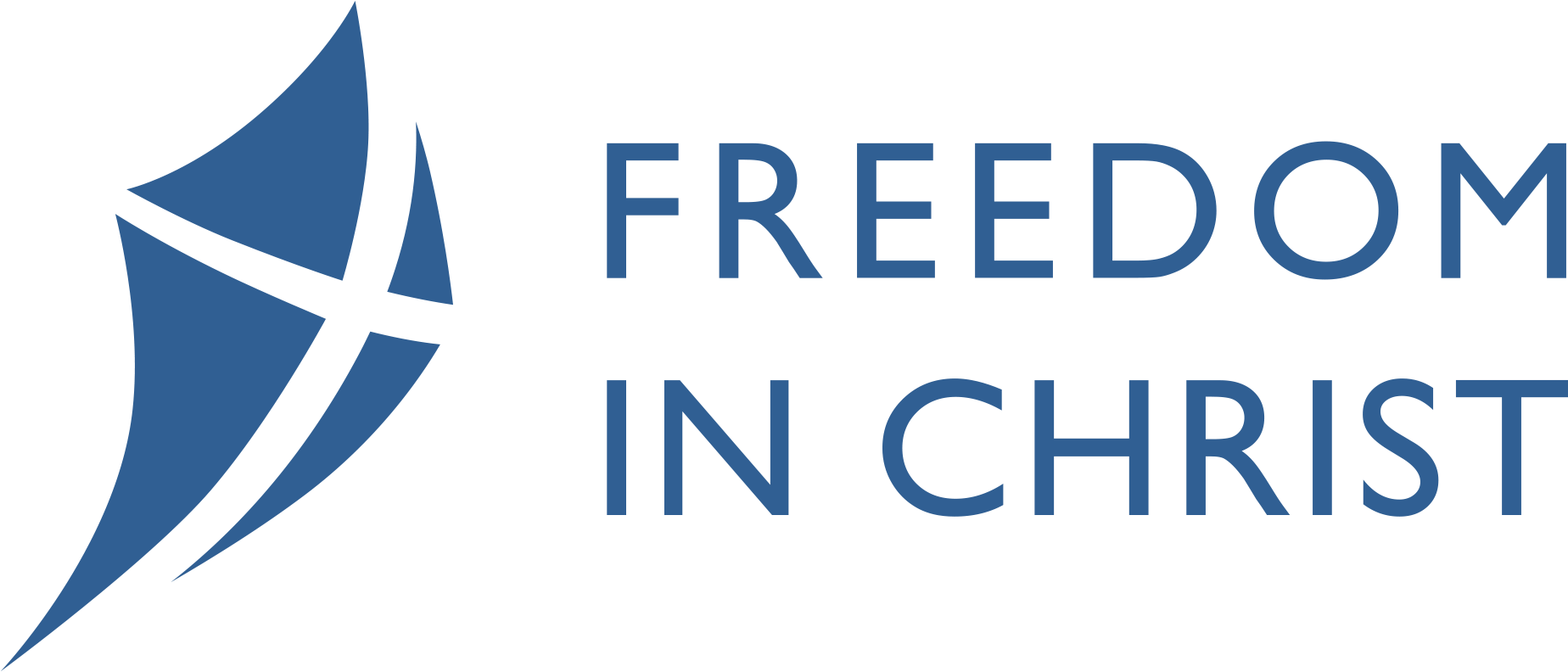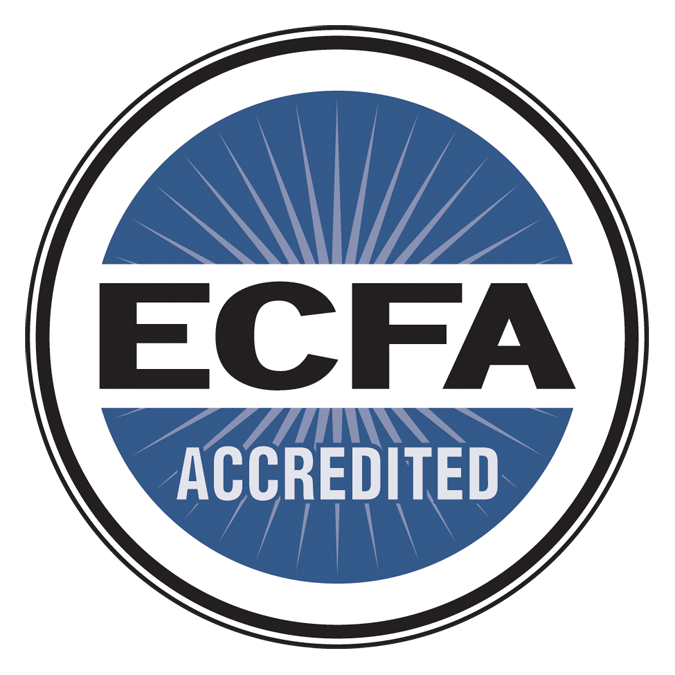James 4:7 says, “Submit therefore to God. Resist the devil and he will flee from you.” We submit to God when we confess our sin to God, and when we do so, He forgives and cleanses us (see 1 John 1:9). And, because God is omniscient and knows our thoughts (see Psalm 139), we are assured that He hears us even when we silently confess our sins to Him. With such confession, we have submitted to God, but have we resisted the devil? We have received forgiveness, but have we found freedom? In our ministry, we have seen how verbally confessing sin and thereby resisting the devil helps many people find freedom. Why is this the case?
In many New Testament examples, the confrontation between believers and Satan and his evil associates is verbal (see Matthew 4:10 and 17:18; Mark 5:2-8; Luke 9:42; Revelation 12:10,11). In fact, in Ephesians 6:10-17 we are told to resist the devil using the Word (Greek=Rhema) of God. “Rhema” normally indicates the spoken word of God or God’s Word applied specifically (see Matthew 4:4; 18:16; Acts 5:20; Romans 10:17,18). Believers at Ephesus applied this principle of verbal confession in Acts 19: 18-20 when they publicly disclosed their participation in cultic and occult practices. Clearly they were concerned about any doors they may have left open to the demonic (see Acts 19:11-17). The Greek word for “confess” in Acts 19:18 usually indicates a verbal confession (see Mark 1:5; Romans 14:11). Such verbal confession seems to be a way to “submit to God and resist the devil” at the same time.
Note, too, the teaching of James 5:13-20, the most definitive instruction to individuals and to the Church about what to do for those who are sick and suffering. Apparently, their problem has a spiritual dimension (verses 15,16, 19 and 20 all focus on the spiritual dimension of their sickness and suffering). Therefore the person who is suffering is instructed to pray (v.13), seek prayer from his spiritual leaders (vv.14,15), and turn back to the truth of God (vv 19,20). The result is described as “healing”
(v. 16), from a Greek word that can indicate either physical healing (as in Matthew 8:8; 15:28; Mark 5:25) or spiritual freedom from demonic oppression (as in Luke 9:42; Acts 10:38). Though forgiveness is obtained through confession to God, verbal confession and agreement in prayer may be critical in finding spiritual freedom and healing.
On a practical level, many people have found it very freeing to share their secret sins with another believer and then experience acceptance and unconditional love instead of the rejection they have feared all their lives. For many people, this moment of experiencing God’s unconditional love through His children is the starting point of learning to trust God and other people at a more fundamental level. In other words, verbal confession can be a step into the light. The apostle John identifies two important results of learning to stop hiding in darkness and beginning to walk in the light: “If we walk in the light as He Himself is in the light, we have fellowship with one another, and the blood of Jesus His son cleanses us from all sin” (1 John 1:7).

